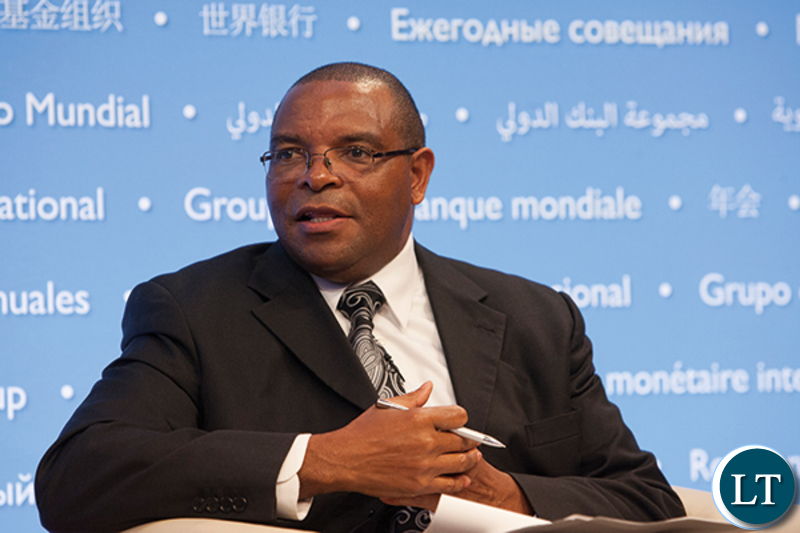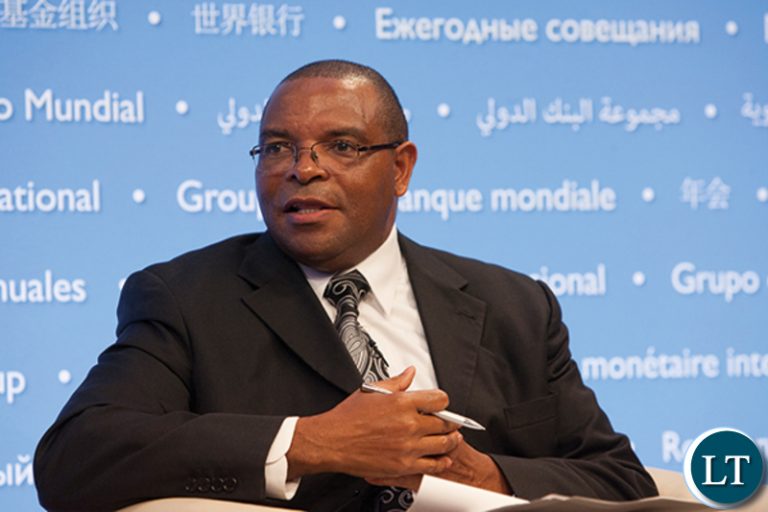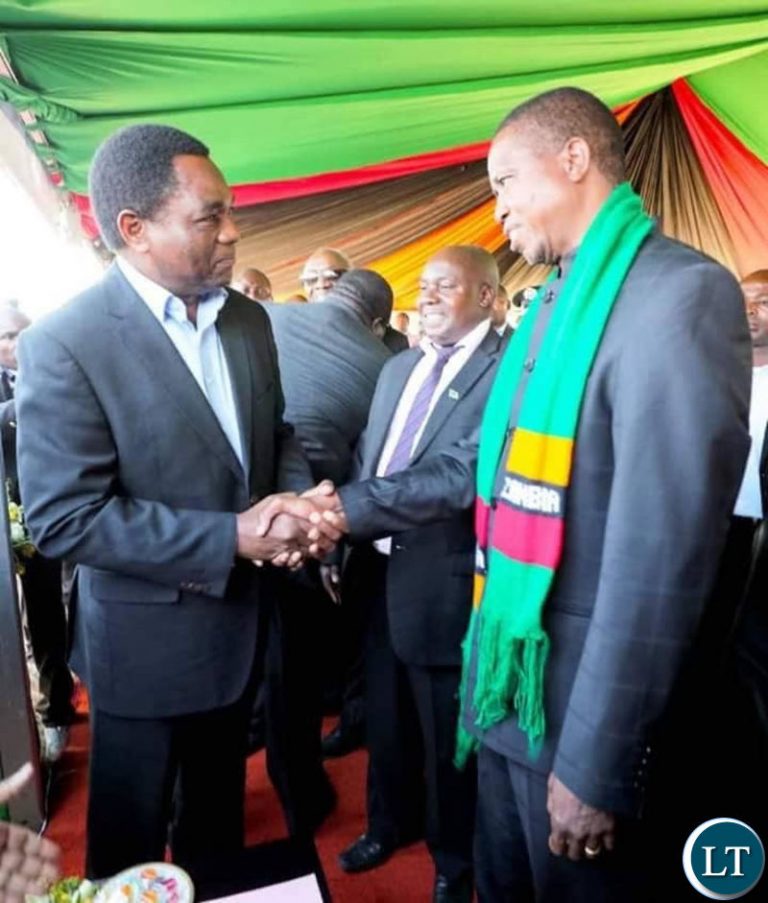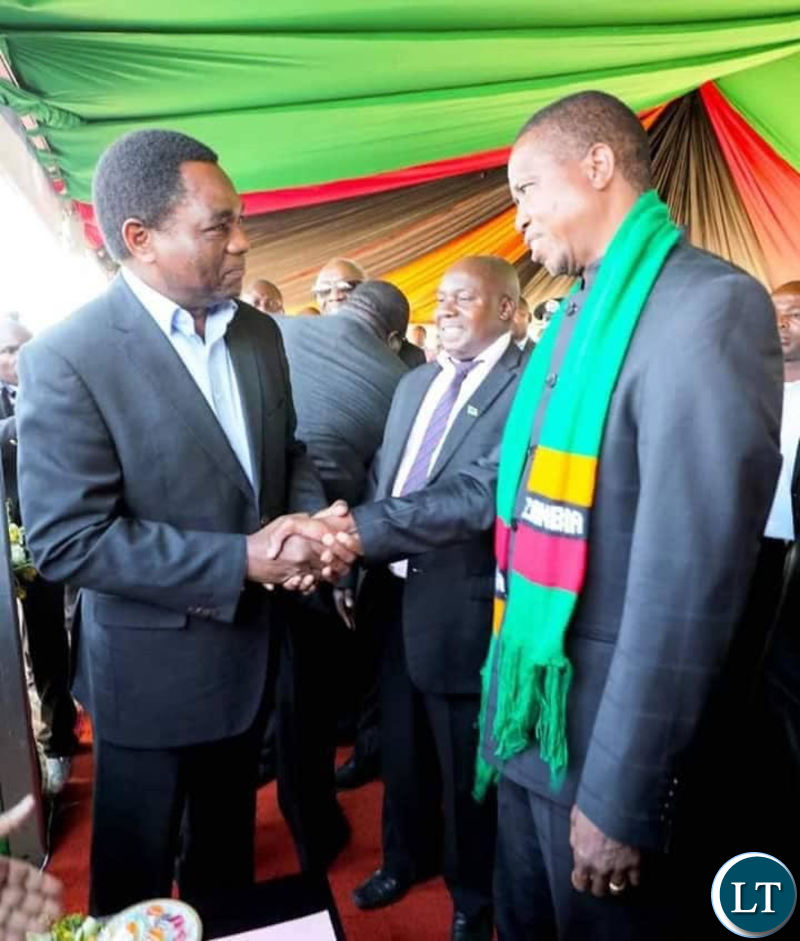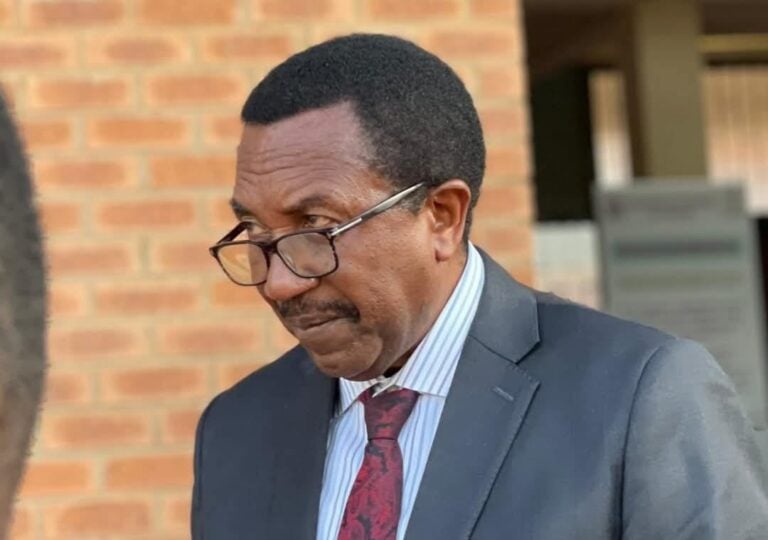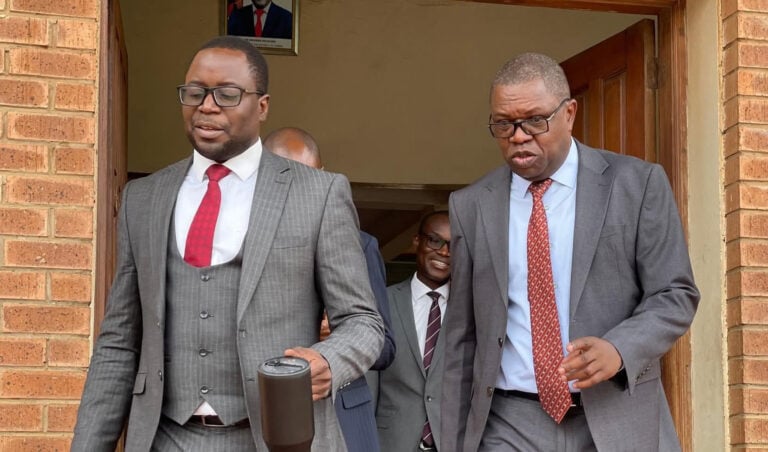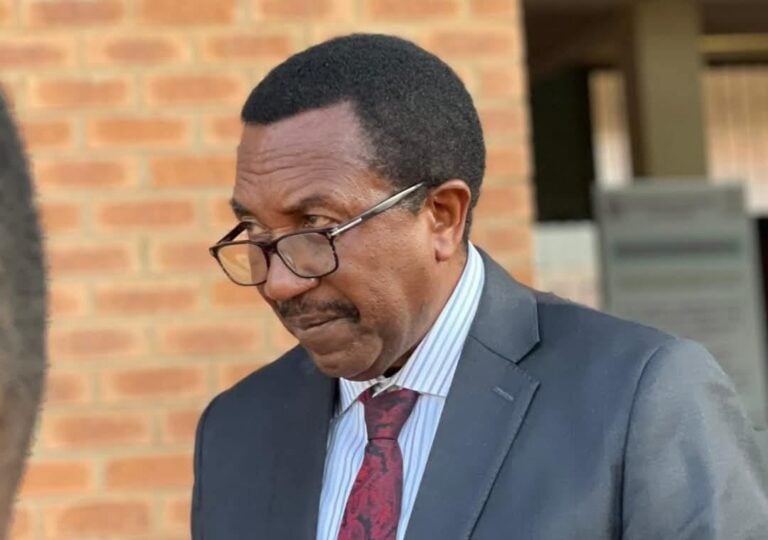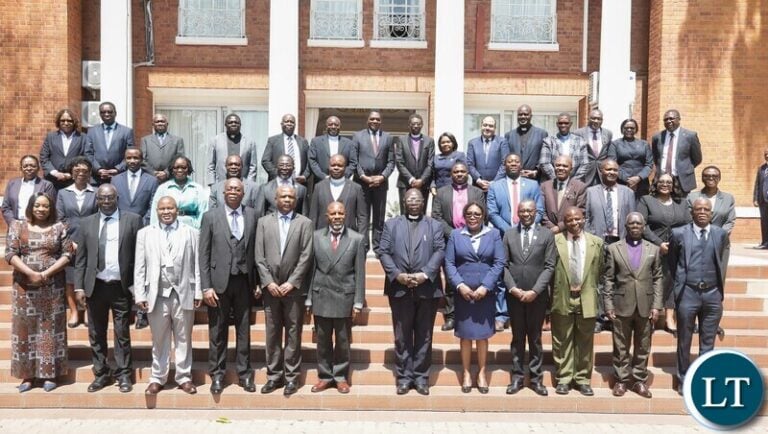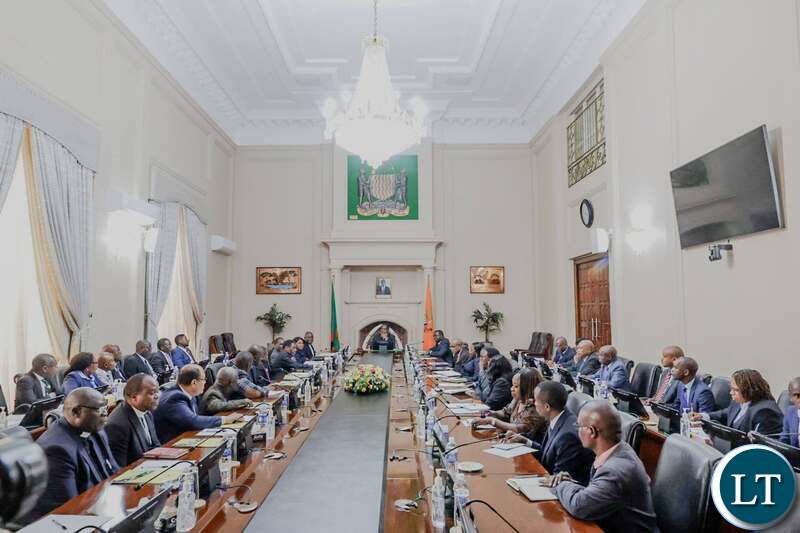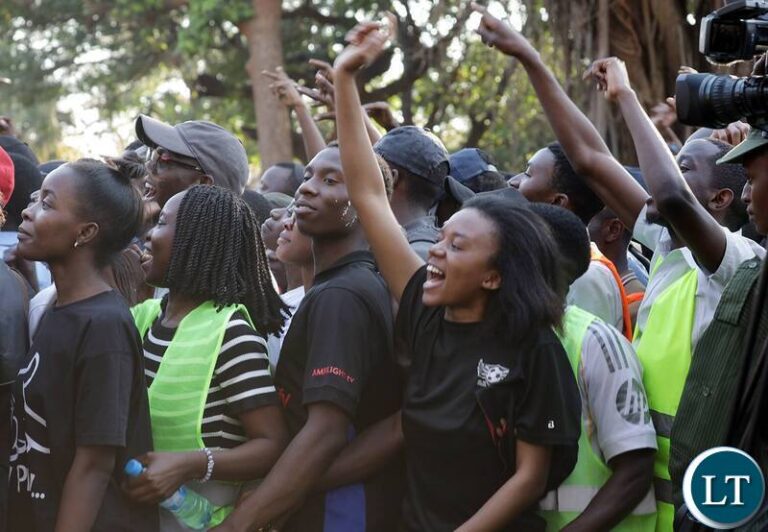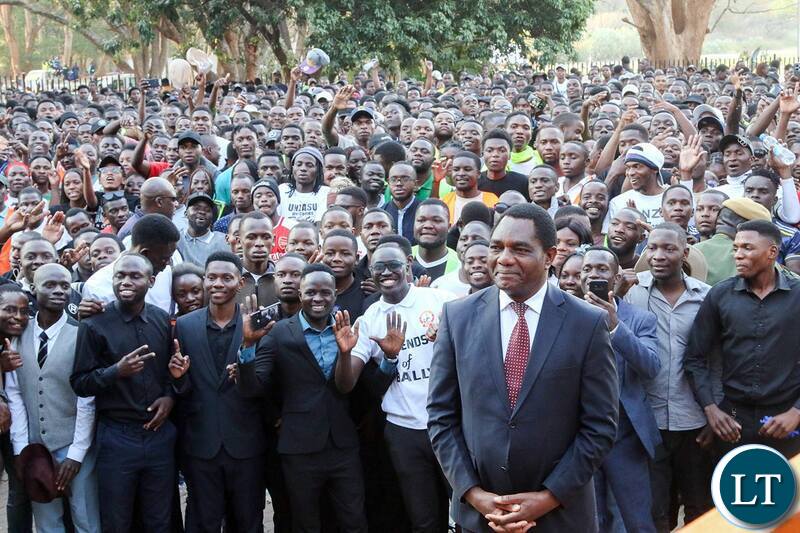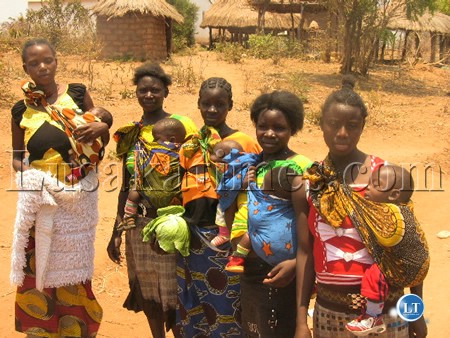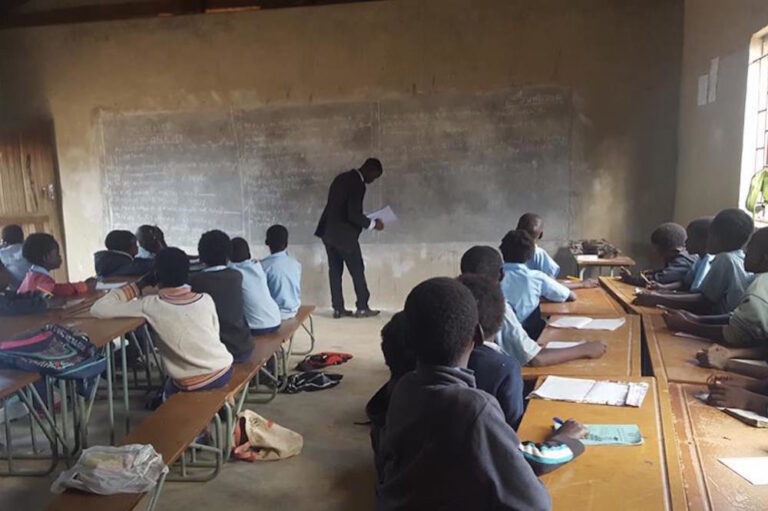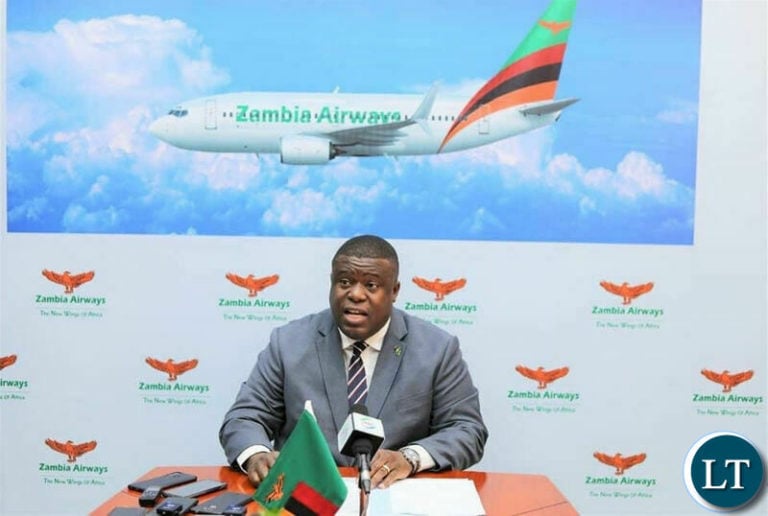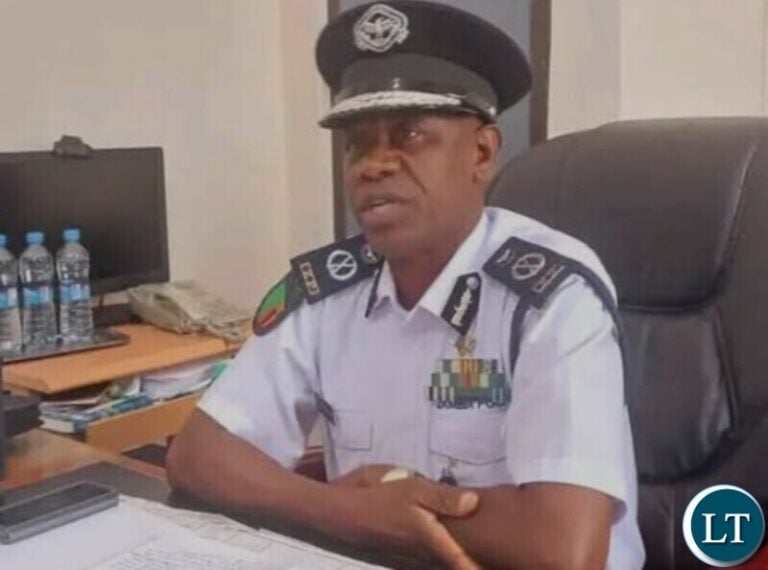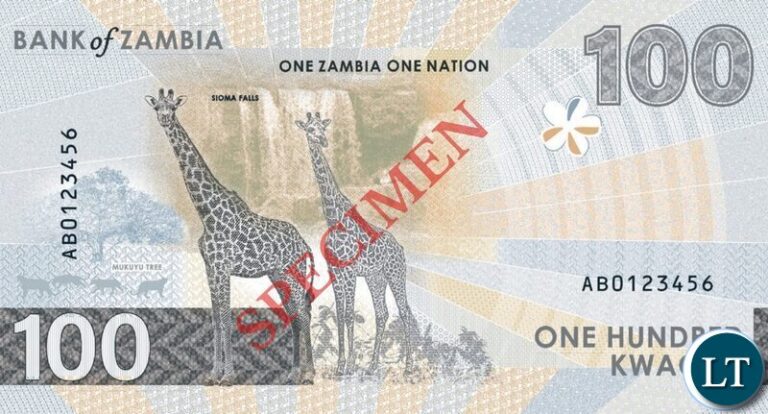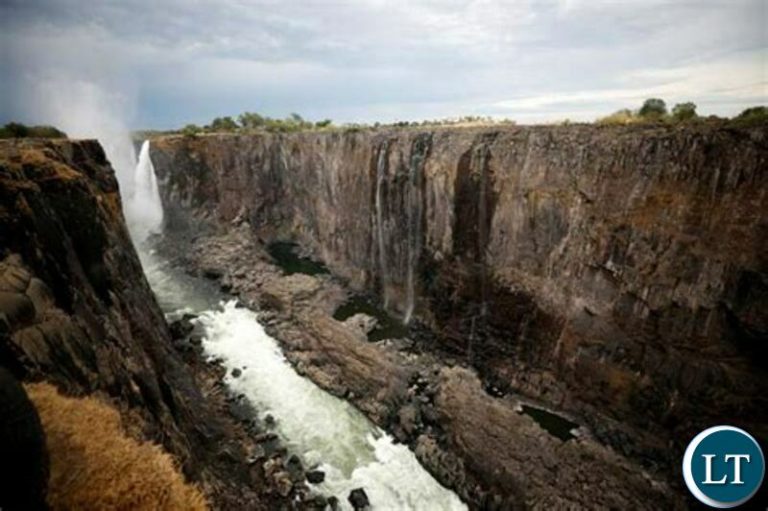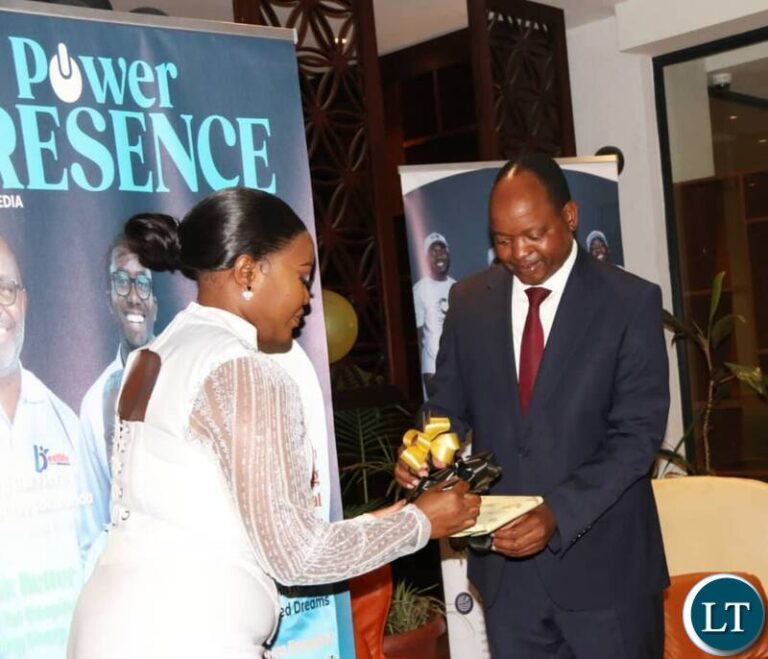By Shoks Mnisi Mzolo
With Africa’s biggest film fest in Durban now a distant memory, some of the globe’s finest creatives may be seen in Venice. Amal Clooney, Idris Elba, Kanayo O. Kanayo, Lalisa Manobal, Maryam Touzani and Walter Moreira Salles were among the celebs likely in town. Sadly, the fest is showcasing only five films from Africa. Next up will be Toronto (September 4th-14th). After that, cinephiles will move to Rio de Janeiro then Zurich and Hamburg. These are international fests, right. But they are not if they self-censor – avoiding some sacred holy cows – and the marginalis and, to paraphrase activist and historian Dr Hannah Elsisi, tokenise talent and stories from Africa and elsewhere.
For one, Toronto will showcase almost 300 films. Out of that are three films from Brazil and eight from Africa (or co-produced with Africans). Contrast that with nearly 20 British-only projects. Tolulope Itegboje-directed Bam Bam, Mother’s Love and Stitches are the only films with no overseas partners. If African talent weren’t underrated, why would Durban, Toronto, Venice and so on invite a trickle from here? African governments, the AU and creatives are mum. It is about time that international stages judge African films, as individuals, for their quality rather than searching for (a) time warp, or (b) cliché: death, despair and devastation. To misquote Chimamanda Ngozi Adichie – why would Africa have a single, distorted, story?
Enter The Eyes of Ghana, a tribute to the legacy of Chris Tsui Hesse who turned 93 on Friday (29th August). It was directed by Ben Proudfoot, a Canadian, and produced by Accra’s Anita Afonu, Hesse’s protégé, alongside Nana Adwoa Frimpong and Moses Bwayo. The library-like veteran swore by his triplets: a camera, film and faith. A portal of history-rich reels and a cinematographer of Kwame Nkrumah, Hesse, with roles reversed, must be the most filmed filmmaker in September. Meanwhile, Barack and Michelle Obama today serve as executive producers of the storyteller’s story. It’s fitting.
In Calle Málaga, Moroccan author Maryam Touzami partnered with peers from France, Germany, etc. British-Nigerian artist Akinola Davies melds talent from Britain and Nigeria in My Father’s Shadow set in 1993, the year Sani Abachi took over in Africa’s most populous lands. Two years later, Ken Saro-Wiwa was sacrificed for profits. Though universal, Davies’ story recalls Ken Wiwa’s In the Shadow of a Saint, a tribute to martyred activist dad. Saro-Wiwa was, until the end, unwavering in his stance against Shell’s devastation of Nigeria. His journey reminds us that profits shouldn’t define our heritage, or future, Davies’ film doesn’t give to holy cows.
Toronto’s failed attempt to mute The Road Between Us, deflects from filmmaker Sarah Friedland’s message of solidarity. Twelve months have passed since she publicly expressed solidarity for the Palestinian cause. The latest episode of the decades-long genocide, has claimed north of 60,000 lives (children account for a third). Palestine 36 will take cinephiles, financiers, policy makers and film industry execs to the genesis. As you read this, the blockade of Gaza-bound aid has killed dozens more even as Roman Catholic Church’s head, Pope Leo XIV last week demanded Israel stop the “collective punishment”. What would JW von Gogh have said? To simply demand is not enough.

Life continues to imitate art. As if following the same script, denialist voices blame anybody but the problem. Blame it on bigotry. That said, industry players, cinephiles, and members of the public on Saturday staged an anti-genocide demonstration over the fest’s stance on Gaza.
A look at a few other films from Africa in Toronto takes us to the Zamo Mkhanazi-directed Laundry, a junction of art, economics and family ties in apartheid South Africa. Laundry and My Father’s Shadow explore evil eras when Nigeria and its southernmost neighbour were oppressed by what Fela Kuti calls “Vagabonds In Power”. This prompts another question: where are the world-class doccies or feature films on Afrobeats? The genre is “the beating heart of Zambia’s mainstream scene”. The trend, with Amapiano also featuring strongly, replicates itself all over. Ask any DJ in Accra or in Berlin or in Osaka. Don’t forget New York and São Paulo. Ignoring the lure of profits, let creatives tell Africa’s stories for posterity, not just for the financiers. Similarly, selectors and adjudicators must show that they are fair.
Thus, it was awful that none of the 12 doccies at the Durban International Film Festival was from West Africa. None from history-rich Egypt or its regime-change era, a fodder for academics. Under the baton of Jean-Gabriel Leynaud, a French director, Of Mud and Blood, was crowned the best doccie. It “explore[d] the harsh reality on the ground,” in DRC’s Numbi village say jurors. The win in Durban propels the doccie to the Oscar race. Congo’s foreign-funded wars are meant to sustain the looting of mineral wealth. In 1960, the year of Patrice Lumumba’s assassination, Chris Tsui Hesse filmed the genesis of the Congo crisis (incited by Belgium). Meanwhile, Sudan: Remember Us, directed by Hind Meddeb, another Parisian, stood out for authentic, respectful and poetic delivery. Sudan, with East Africa’s own take of ChaChaCha and toyi-toyi, defied regional and religion biases.
For its part, Durban screened 92 films from 50 countries (but the host nation claimed the lion’s share). As with Toronto and Venice, Durban treats stories from the rest of Africa as an extra, smacking of tokenisation. The film world’s unspoken insistence on depicting Africa as a squalor and, on the other hand, perceiving stories of excellence as an exception is the easiest road to “normalised” exclusion.
So, where to? Durban’s top brass must take stock and widen the scope and, break free from peer pressure, quit the caricature games.
Andrea Vogel, who’s left the top office at the fest for a role as a curator at Cannes, is credited for deepening DIFF’s global reach. This includes bringing South Korean here. So, it’s doubly weird that Durban is thin on African films: from Algeria and Nigeria to Somalia and Mauritius. Thin on films from Ghana, Cabo Verde and Uganda. Having the AU, G20 or BRICS, even a symbols, has achieved little by way of fostering inclusion. Without redefinition and looking within, Durban could just prop clichés.
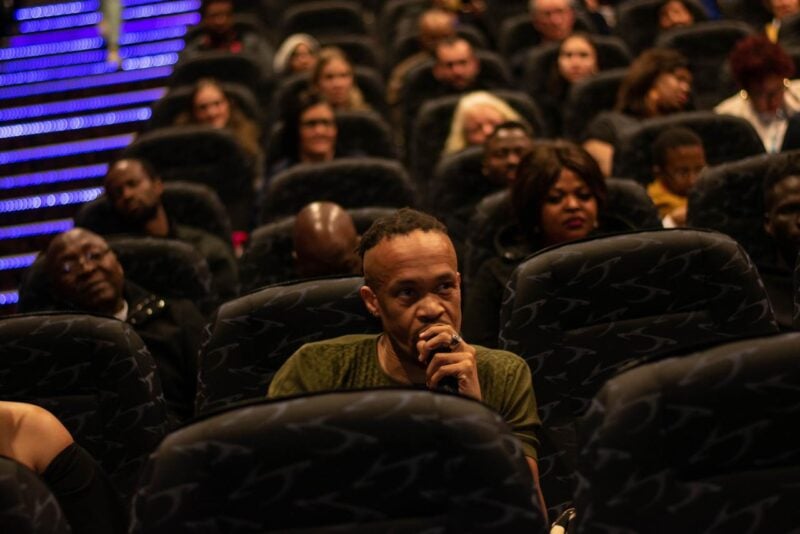
The fest isn’t the only site of schizophrenia and change of guard. A split in the ANC, dragging the party below 50% at the polls, has gifted South Africans with a polygamous regime. Former critics, now part of what they saw as cronyism, claim seats in a bloated Cabinet and demand special treatment. For millions, however, the living conditions remain precarious amid foetal alcohol syndrome disorder, drug abuse and other social ills.
These issues are more acute in South Africa, the world’s most unequal society. The foetal disorder – a self-perpetuating relic of colonial times when farmworkers were paid in ‘dop’ or alcohol – condemns scores of townships and farm dwellers to date.
The Zambian Observer recently reported on a prostitution and drug abuse crisis gripping Kafue. Our present is compromised and future iffy as man-made conditions force boys and girls to “trade bodies for bread”. Astridah Phiri, a mother from Kafue’s Zambia Compound, moaned this “quiet emergency”. Yes, the killer is silent but storytellers needn’t be silent.
There is no dearth of old and new stories from drug smuggling, as traffickers continue to scythe Africa, and beyond, to Operation Green (Gatling) when Ian Smith’s gangs assaulted Lusaka. They massacred civilians despite the attacker’s claims to the contrary, and martyred ZIPRA guerrillas – Joshua Nkomo’s men. Four years earlier, in 1974, Pretoria assassinated exiled John Dube (Adolphus Mvemve). The guerrilla was repatriated from Lusaka last year and reburied in Johannesburg this year. Films are yet to be made to memorialise the role played by Mvemve and his comrades, not forgetting Herbert Chitepo who was martyred in Lusaka exactly 50 years ago.
Films on Southern Africa’s respective liberation struggles are too few. Cross-border assassinations, and massacres in Gaborone, Maseru and Moçambique’s Matola, are a receding memory.
This is a lost opportunity especially given that film is a vehicle to showcase our art, culture and heritage.
Consider that 2024-2025 marks 50 years of Kenneth Kaunda’s peacebuilding role in a Southern Africa. Not long ago, the region swayed from colonialism to oppressive “adjustments” that reduced Zambia’s existence merely “to pay the IMF”, as Julius E Nyang’oro quoted KK in Beyond Structural Adjustment in Africa. This is a must-read and explains how Bretton Woods could flip any economy from rude health to ICU.
Economic hardships and violent attacks notwithstanding, Kaunda didn’t give in to vagabonds: apartheid Pretoria’s tentacles extended to Namibia, Lisbon’s Marcello Caetano subjugated Angola and Moçambique, Ian Smith oppressed Zimbabwe. Zambia’s endless support earned her, along Tanzania, a status as the region’s cradle of liberation.
Switching to art, the memory of Zamrock, a piece of the land’s heritage, faded. Hail Sampa the Great and peers for reviving the genre. Hail Zedwap for keeping track. But, the memory of plentiful personalities and their contributions is fading fast. Cue polyglots Alick Nkhata and Nashil Pechen’s whose respective 100th and 90th went unnoticed. One of the region’s best pianists Abdullah Ibrahim turned 90 last year and it’ll soon be Gogo Esther Mahlangu’s. Alas, some creatives are too busy, chasing after dough, to be creative. Ironically, some governments, though custodians of Africa’s stories, have tuned out. Hollywood’s parrots are filling the vacuum.
The White Lotus, a satire on wealth and privilege, buoyed bookings to Hawaii and Sicily. In Thailand’s Phuket and Samui, where the latest season was filmed, tourism chiefs are still praising it for bristling reservations, underscoring the fact that film and television buoy tourism.
Having produced Malawi’s finest films, Shemu Joyah shows how it’s done but the Malawian government is contributing nary a penny to any of his projects. No dime to showcase Malawi’s heritage or location. Joyah’s films are serial winners and have grown Malawi’s talent pool. The Road to Sunrise collected plenty prizes and earned Joyah the best director award at Shungu Namutitima International Film Festival. Whatever happened to Shunaffoz, dear Government?
Looking ahead, it’s high time African filmmakers embraced Brazil for co-productions rather than copy Hollywood. With DStv, among broadcasters and distributors, shunning South America, viewers get imitations of “reality” shows like Mommy Club and Real Housewives. Still, viewers and “cast” slam them as toxic.
Meanwhile, Rodney Sikumba’s record is poor. He stuck to “lazy targets”, the author argued in Lusaka Times in 2024, amid what was meant to be a game-changing bilateral agreement with China. He failed to woo even “just a percent” of the powerhouse’s tourist market. Most likely, no made-in-Zambia film or primetime TV has aired in China, for one, of late to boost in-bound traffic.
If government were serious about that bilateral, or Shunaffoz (partly to drive overseas creatives to locations), a lot more films would have been shot in these climes. In this climate. Zed has a lot more than just wildlife.
Overall, Africa is replete with stories. In the case of Zambia, archeologists cite Kalambo. For historians, it’s KK’s role in the decolonisation project. The story of Chris Hesse could inspire youngsters to, while seeking to influence the future, re-visit the stories of pioneers like Malawian fighter-lawyer couple Orton and Vera Chirwa. We need new films to celebrate Ethiopian-born Abebe Bikila who made history in the 1960s as the first Olympian to record back-to-back gold victories.
The memory of Agostinho Neto’s path and those taken by Patrice Lumumba and Dag Hammarskjöld, assassinated in Lubumbashi and “accidentalised” in Ndola, are fading. So is Josina Machel’s. That young fighter dedicated her life to the struggle to free Moçambique. To the land of origins, where’s the story of Empress Taytu, a commander in Adwa where Ethiopian and Italian armies had their first scrap? In telling Seretse Khama’s story, creatives tend to relegate his role in the founding of Botswana. In East Africa, people say “a person without culture is like a zebra without stripes”. Copy-and-paste projects will yield stripelessness.
Concerned parties are half-hearted in making people un-forget 19th-century anti-colonial resistance warriors in South Africa. As for the 20th century, there’s still no adaptation of Gaongalelwe Tiro’s poignant Parcel of Death on Pretoria’s assassination of student leader Onkgopotse Tiro in Gaborone.
Since Durban’s fest organisers tend to look North, it is notable that, in 2023, the winners’ roll call included Tenzi za Sinema – a documentary directed by Ajabu Ajabu, a Dar-es-Salaam collective comprising Cece Mlay, Darragh Amelia, Gertrude Malizana and Jesse Gerard Mpango. As the latter once reflected, no matter how you look at it, there is no paucity of stories from the continent.
Walking down Durban’s beachfront esplanade with Joyah, I am transported to the tale of Rev. John Chilembwe, a liberation theologian assassinated by British soldiers in 1915.
It is the end of the day as Joyah and I venture south as the sun ventures west. The esplanade is packed with gamboling beachgoers. Youngsters’ fashion sense recalls music videos from the USA. Such sights recall how some African storytellers tell their stories or copy-and-paste Hollywood tales.
But, that’s not the end. There remain too many pieces. Authenticity. Inclusion. Confronted by Malawi’s talent deficit, now a thing of the past, Joyah turned to Nigeria for mass training. Today, Malawi has a competitive film industry that now claims nominations or wins at the AMAAs and the Oscars, for two. West Africans are hiring Malawian actors. Intra-continental partnerships are not only practical but quite beneficial for all. Collaborations and co-productions enable African nations to feed off each other’s strengths: talent, location, infrastructure and expertise.
Shoks Mnisi Mzolo is a roving storyteller with a background in arts & culture and financial journalism. He also works as an independent researcher and is an avid traveler.
